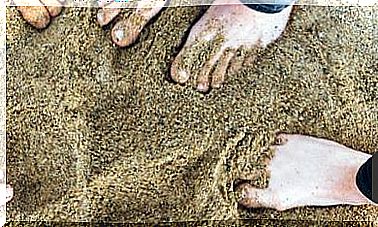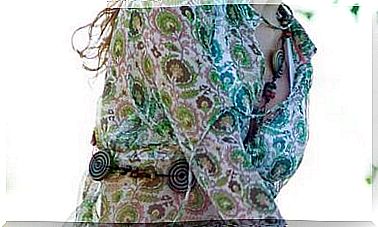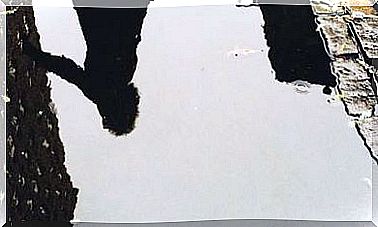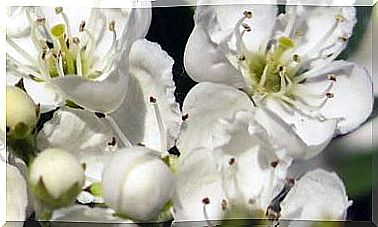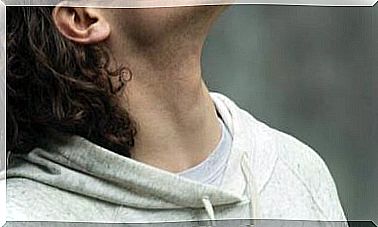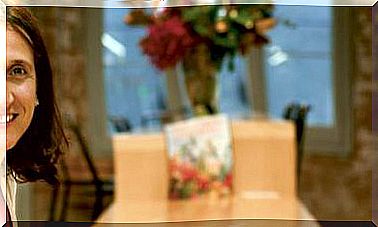Let Us Accept That We Are Fragile And Vulnerable
Let us love our emotional wounds. Vulnerability makes us unique and wonderful. Accepting that we are fragile connects us with the possibility that the world moves us, hurts us and welcomes us
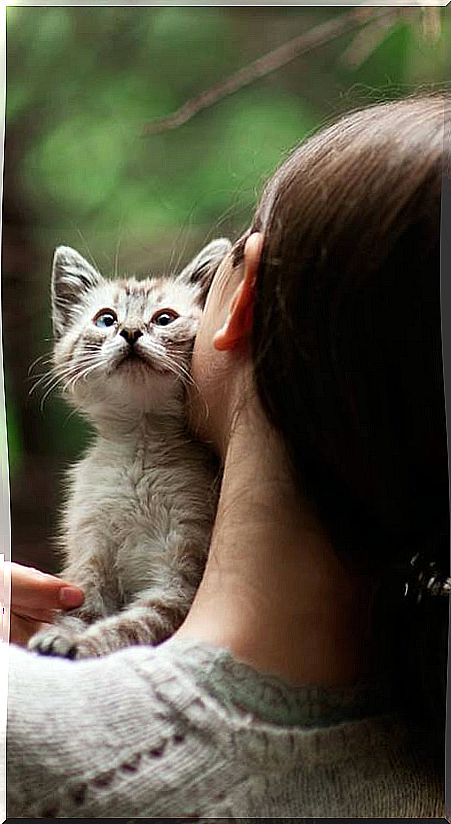
The squares of countless towns and cities are decorated with equestrian statues that support, on huge pedestals, the heroic image of a man who changed the course of history. A man whose achievements have persisted through the centuries, for a posterity that defies the expiration of individual lives.
Fashion magazines, reflecting a form of contemporary heroism, fill their covers with superheroines with brilliant careers who meet years without aging, recover from pregnancies in record time and continue their work and their upbringings without showing an eye or a stretch mark, not a moment of discouragement. Women to whom life does not leave any scars.
Let go of idealized images
We grow up and live in the shadow of that image, inoculated with the idea that a life that matters is a life on the pedestal, on the covers. But these heroics show only the tip of the iceberg and personify in a single body, in a single name, the collective experience of a moment in history. Rather than showing the hero or the heroine, they make all antiheroes invisible, all antiheroines, all the people who build life with their daily gestures.
These mythologized images make invisible the sacrifice of the anonymous people and the suffering of the losers
The entire mythology of heroism focuses on immortalizing the lone ranger who came to conquer the world, but never gives an account of the conquered world, of the people who suffered, who cried, who were afraid, who resisted the violence of the hero.
The covers of the magazines do not speak of the anguish of conciliation, of the impossibility of always feeling happy, of the impotence when the day to day overwhelms us and we feel we are falling. But all those little lives are our lives, they are our real, everyday existences.
More realistic expectations
Growing up and building ourselves as people in the shadow of those statues, with the covers as a mirror of an impossible reality, generates a discomfort and impotence that has nothing to do with us, but with a way of thinking and being in the world. A way that refers to important people and people who do not matter, to ways of being outstanding and anonymous ways, and to the constant competition to reach the pedestals.
This way of representing ourselves collectively generates, in addition, an intimate contempt for the losers of the world and of history that also operates towards ourselves, which makes us underestimate ourselves, submit ourselves to constant violence and live in perpetual mourning for what we neither are nor will achieve. ever be.
Inhabiting a pedestal or accepting our vulnerability
In his work History of the monks of Syria, Theodoret of Cyrus narrates the life of the Christian mystic Simeon Stylite the Elder, who spent the last 37 years of his life on a column installed in the surroundings of what is now Aleppo. His idea of living on a pedestal was born, they say, from the imperative need to leave the real world behind. He had tried in many other ways, but from horizontality the world always ended up catching him. So he tried verticality, and there he stayed.
They say that he fed on remains of bread and bowls of milk that the kids in the surroundings raised him to the top of his exile. Thus, in a metaphorical reading, Simeon benefited from the good in the world without having to endure the bad. But the advantages of this ascetic verticality can only be read from the outside, from below. His experience, possibly, was also an experience of extreme loneliness, of life in the open, without shelter or consolation.
But our greatest power is vulnerability, the possibility of being open to the world and that the world moves us
The heroics, the pedestals, the magazine covers, are a promise of happiness. If I were like that, if I were there, I would be happy. The evils of the world do not reach that place, and from there life cannot leave scars on us. And in that illusion we lose sight of what is perhaps our greatest power: vulnerability, the possibility of being open to the world and that the world moves us, surpasses us, shocks us, hurts us and welcomes us.
A proposal for group therapy
There is a group exercise that consists of standing in a circle and one person, from the center, lets himself fall. No more. She collapses with the certainty that the group will pick her up, pass her from one arms to the other and will not allow her to get hurt. Because that damage would no longer be that of a single isolated person, it would not be a personal scar, but the pain of the entire group; and the consolation of a common pain is not personal, but is born from the arms of the group placed to welcome those who are in need, those who need support and shelter.
As we rotate the central position, the position of vulnerability, we understand that everyone, at some point, is everything. That both our fall, and our heroics, have repercussions on the environment; that sometimes we hurt by falling, as we do by denying ourselves the fall; that our battles have victims, and that we too participate in that pain, although the mythical pedestal prevents us from seeing it.
Lowering others from the pedestal
Perhaps we should exercise ourselves in looking with irony at those statues, those covers, those heroes and heroines of contemporary fiction that assail us daily from video clips, sports matches and large billboards. If it is true that Victoria Beckham, Cristiano Ronaldo or Gerard Piqué only cry when they collect an award, we should feel compassion for them, more than admiration.
Because allowing ourselves to cry gives us a necessary depth to be in the world and with the world, because to be afraid is to be aware of the overwhelming weight of reality, and only from this capacity to cry and fear, from fragility, can we build a world more nice. Because letting ourselves fall is welcoming the smallness that constitutes us and that makes us magical, accessible, exciting and exciting.
Loving our emotional scars
You have to observe the victories thinking of the losers, because in them are the keys to knowledge: whoever wins does not need to move one iota, but whoever loses, does. Celebrate the goals, but celebrate in a profound way every time the hero falls, because that is where we learn to be more than statues, from anonymity, open arms, small everyday gestures. From being what we are, what we can be, giving value to outstretched hands, smiles, dark circles, stretch marks.
Putting in each scar all the power of a life lived, of a body and a being in the world that, as a life, can only be memorable.
